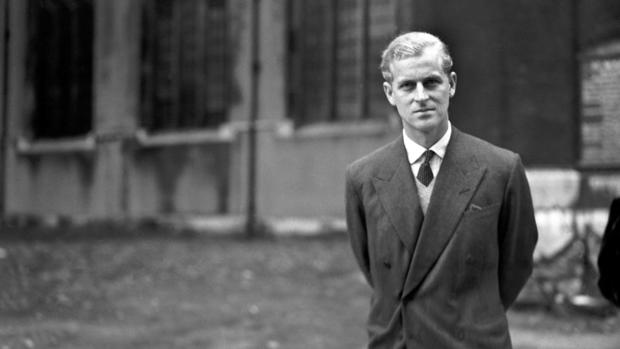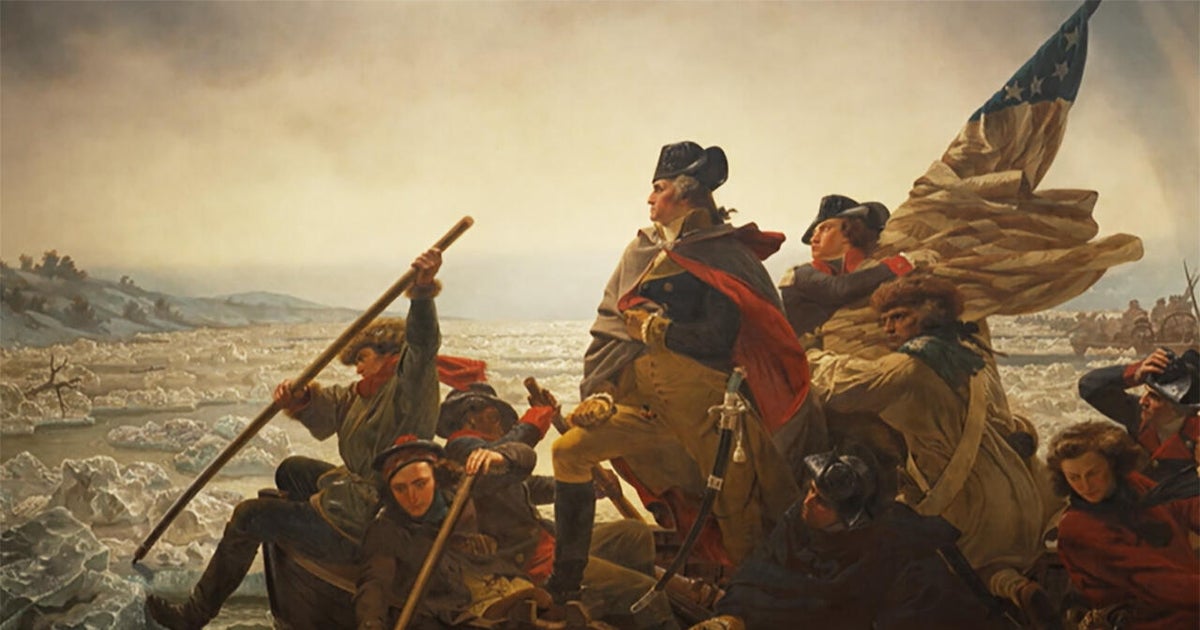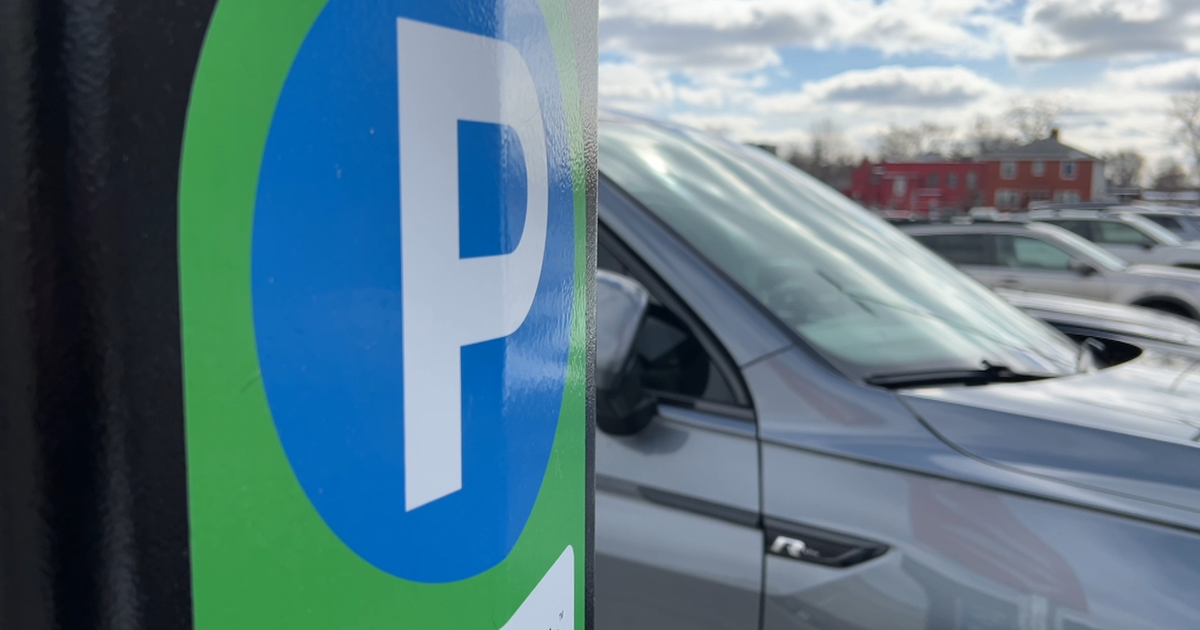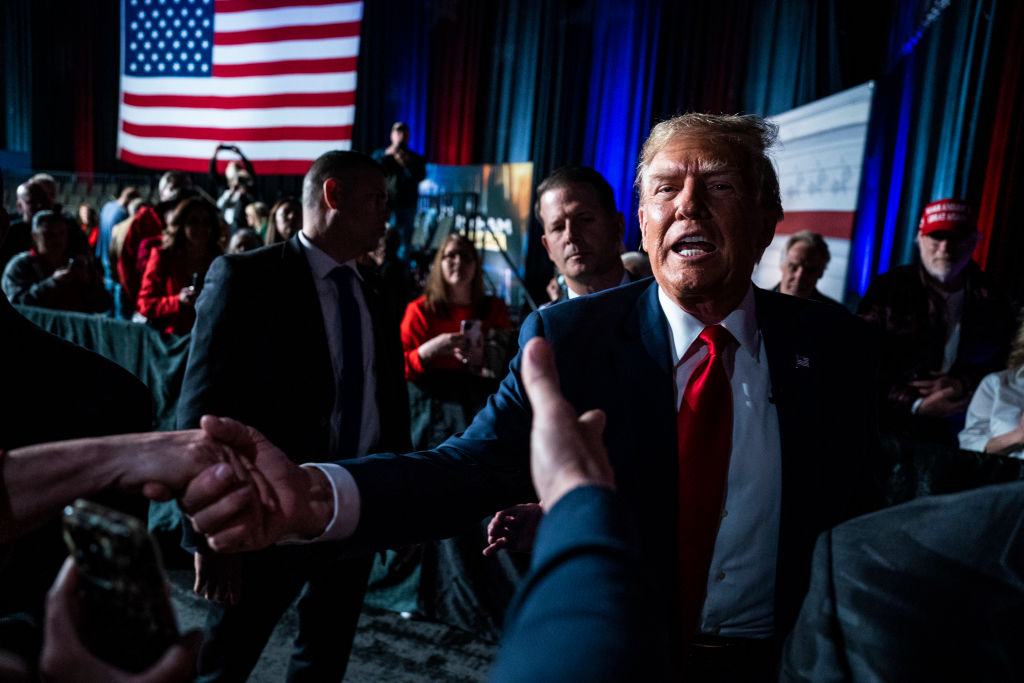Remembering Prince Philip, Duke of Edinburgh
A forty-one-gun salute was certainly the noisiest tribute Prince Philip will get in these pandemic times. This is how the military says goodbye.
But the Duke of Edinburgh's legacy is far broader than the time he spent in the service.
There is no job definition for Royal Consort. And if there were, Prince Philip – naval officer, man of action, First Gentleman with matinee idol looks – might never have seemed the type to live a life in his wife's shadow … especially as he was actually more royal than she is.
"Yes. Prince Philip was actually twice as royal as the Queen," Gyles Brandreth, who was a friend and used to run one of Philip's charities," told correspondent Mark Phillips. "The Queen is royal on her father's side, while Prince Philip was of royal blood on both sides of his family, descended from Queen Victoria, but also descended literally from every king, kaiser, czar you can think of."
But when the Fates – and, it's rumored, a few royal family members -- conspired to have Philip and the then-Princess Elizabeth meet, a life as a supporting actor was his destiny. But it was a role he would make his own.
Philip was an outsider, considered unreliable, even unsuitable, by some in royal circles; he was a banished prince from the exiled Greek royal family who was shipped off to school in Britain.
A distinguished naval career followed, including citations for heroism during the Second World War.
He was, as the Queen's cousin, Margaret Rhodes, told Phillips before she died a few years ago, "a catch."
"Prince Philip was the most utterly good-looking Viking god," she said.
A Viking god? "Well, he really was so good-looking," said Rhodes.
He knew his public place -- roughly two paces behind her -- but, behind the scenes, he kept the royal business ("The Firm," he famously called it) running.
Phillips said, "It's almost like he was her manager as well as her husband."
"Well, in a curious way, I think he was," Brandreth replied. "She wore the crown, but he wore the trousers. I asked him what he was like when he found out that he was going to be the consort of the queen, 1952. I said, 'Were there people there telling you what to do?' He said, No. There were people telling me what not to do.'"
But he had his own ideas anyway. The royal family he was joining, he thought, had to change. So, it was Philip who convinced the Queen that they should let TV cameras in to see that royals were people, too. The show was a hit; the Queen reportedly hated it.
But the royal family was getting a bit too modern in other ways, particularly in the way the children's marriages were falling apart: Princess Anne and the other Mark Phillips, Prince Andrew and Sarah Fergusson, and, of course, Charles and Diana.
In the case of Diana and Charles, said Brandreth, "He got them together, and he actually said to her, 'Make a list of all the things you like about him in the marriage, and make a list of all things you don't like. And let's try and reduce the number of things on the list you don't like, and increase – let's do this in a practical way.'"
"Acting as a kind of marriage counsellor?" asked Phillips.
"Yes, actively doing so."
On his golden wedding anniversary, Philip did what a lot of people do: he took stock: "Like all families, we went through the full range of pleasures and tribulations of bringing up children. I am naturally somewhat biased, but I think our children have done rather well under very difficult and demanding circumstances."
As for the latest demanding circumstance – the estrangement from the family of Harry and Meghan, Brandreth said, "I'm sure he understood Harry's desire for freedom and independence and doing things his own way. I'm not sure he would have recommended giving a no-holds-barred interview to Oprah."
There were times when Philip might have been better advised to keep his own mouth shut. He was famously gaffe-prone – once causing a diplomatic tiff in China by telling British students they might get "slitty eyes" if they stayed too long. Closer to home, he once asked Scottish driving instructors how they kept their students "off the sauce." He seemed simply not wired for political correctness.
For his part, Philip seemed to adopt the motto of that other famous sailor, Popeye: "I am what I am."
"I can't suddenly change my whole way of doing things," he said. "I can't change my interests, I can't change the way in which I react to things."
In other ways, though, Philip was ahead of his time. He was the first president of the World Wildlife Fund trying to save endangered species. He championed environmental causes.
But he freely admitted what Job One was: Supporting one's wife and Queen.
On Saturday, speaking at Buckingham Palace, Prince Charles said, "My dear papa was a very special person who I think above all else would have been amazed by the reaction and the touching things that have been said about him, and from that point of view we are, my family, deeply grateful for all that. It will sustain us in this particular loss, and at this particularly sad time."
For more info:
Story produced by Jane Whitfield. Editor: Mark Ludlow.






